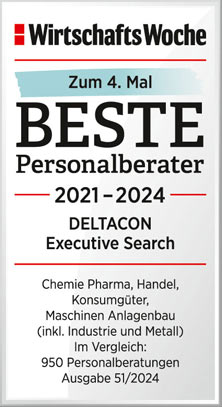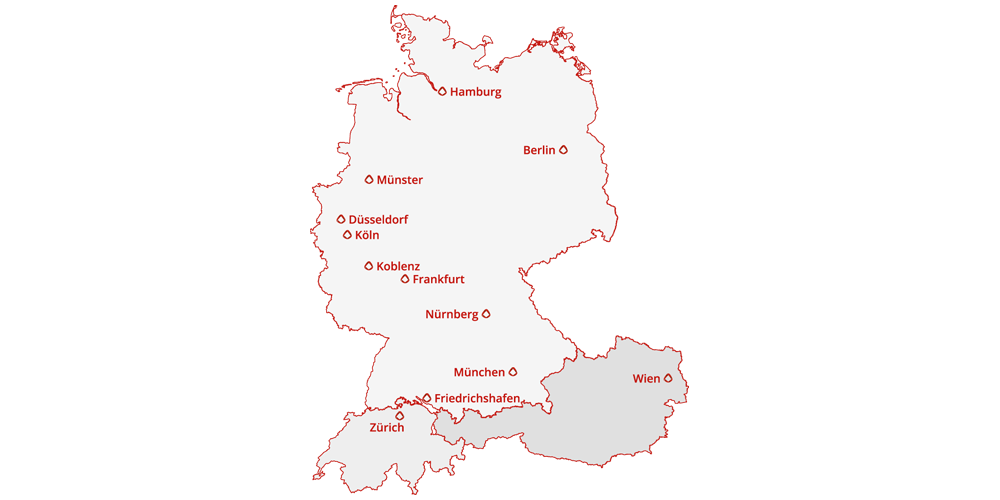Compliance in the pharmaceutical industry: a labyrinth of laws, regulations, directives and standards
There are few examples of other industries with so many laws, regulations, quality standards and directives as in the pharmaceutical industry, and in the medical technology and diagnostics fields. In addition to the national legislation of individual countries, there are international standards and regulations: for example, in Europe there is the European medicines Agency (EMA); or in the US, the Food and Drug Administration (FDA).
As such, the quality management processes of a pharmaceutical company have to follow specific quality standards, or “good manufacturing practice” (GMP), “good laboratory practice” (GLP), “good clinical practice” (GCP), and “good distribution practice” (GDP), to name but a few of the most important standards. Where compliance with these standards is not ensured, a pharmaceutical company cannot start up their business operations.
A quality system that is accordingly complex and multifaceted spans the entire company, ensuring a direct reporting line from the quality officer to the management board.
Compliance does not allow for compromise, and requires specialist experts with a deep understanding of business. DELTACON is extremely well versed on these matters, and has a long-standing performance record of successful recruitment in the pharmaceutical industry, and in the medical technology and diagnostics fields.
Executive Search Consultant for pharmaceutical industry, medical technology and diagnostics
Thomas Heeger is a founding partner of DELTACON and Managing Partner of DELTACON at our location in Switzerland in Zurich. His Competence Center covers the Life Science sector with the pharmaceutical industry, medical technology and diagnostics. As an “industry insider” with more than 20 years of management and leadership experience in leading companies, he knows the business in international corporations, their subsidiaries, but also the needs and issues in innovative life science start-ups.





